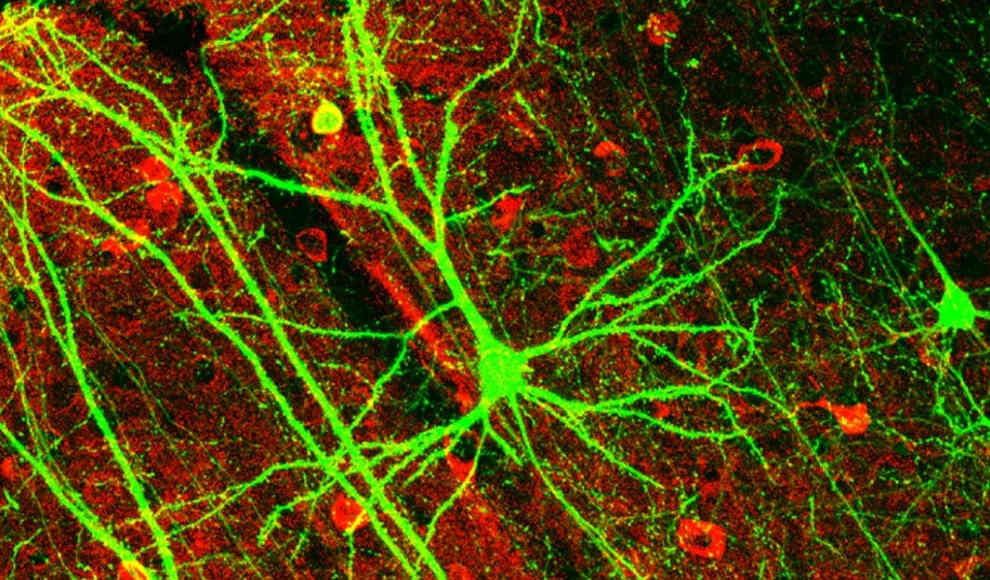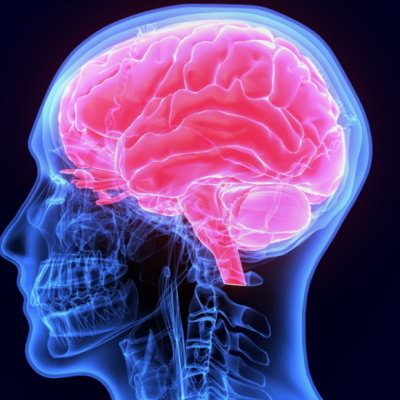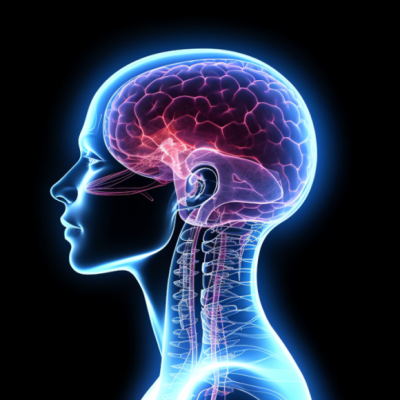In a groundbreaking development, scientists have successfully implanted a device in the brains of epilepsy patients that significantly enhances memory and learning capabilities. Led by Dong Song and his team of biomedical researchers at the University of Southern California, the implant sends electrical signals to the hippocampus, a region of the brain responsible for memory processes and learning. The team analyzed the brain activity of participants during challenging learning tasks and identified characteristic activity patterns that could be stimulated by the implant to improve performance. The results of the study, presented at the annual meeting of the Society for Neuroscience in Washington, D.C., showed a 15% improvement in short-term memory tasks and a 25% improvement in working memory tasks when the implant was active.
While the results of the study are promising, ethical concerns remain regarding the use of brain implants for healthy individuals. The researchers hope that their findings will lead to the development of implants that can help individuals with Alzheimer’s disease and other memory-related conditions. The team plans to conduct further studies to verify their results and explore the potential of minimally invasive implantation methods.
The implant represents a significant step forward in the field of neuroscience and has the potential to revolutionize the way we approach memory and learning. However, it is important to consider the ethical implications of such technology and ensure that it is used responsibly and with the utmost care. As the research continues, it will be interesting to see how this technology develops and how it can be used to improve the lives of those with memory-related conditions.










